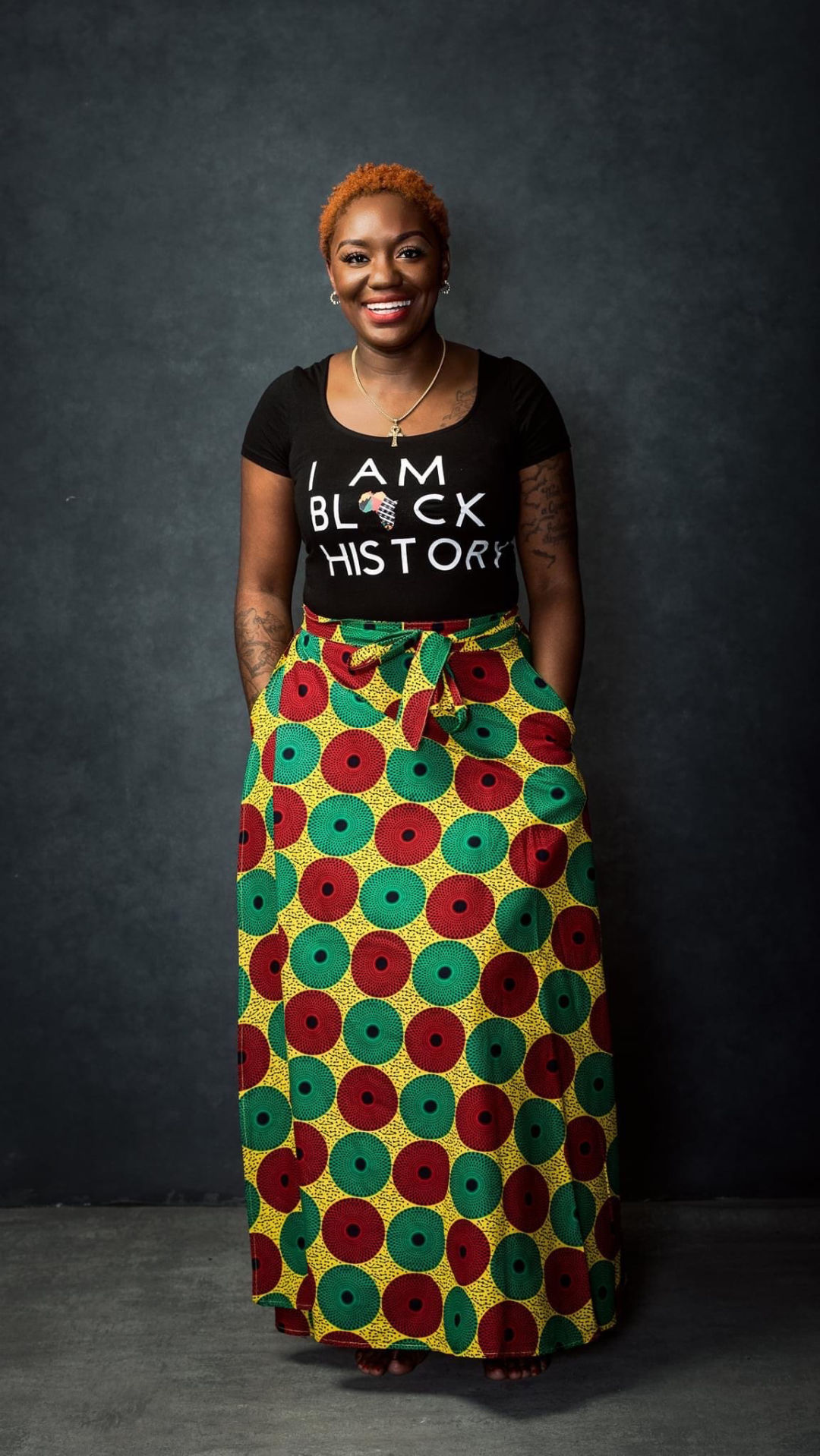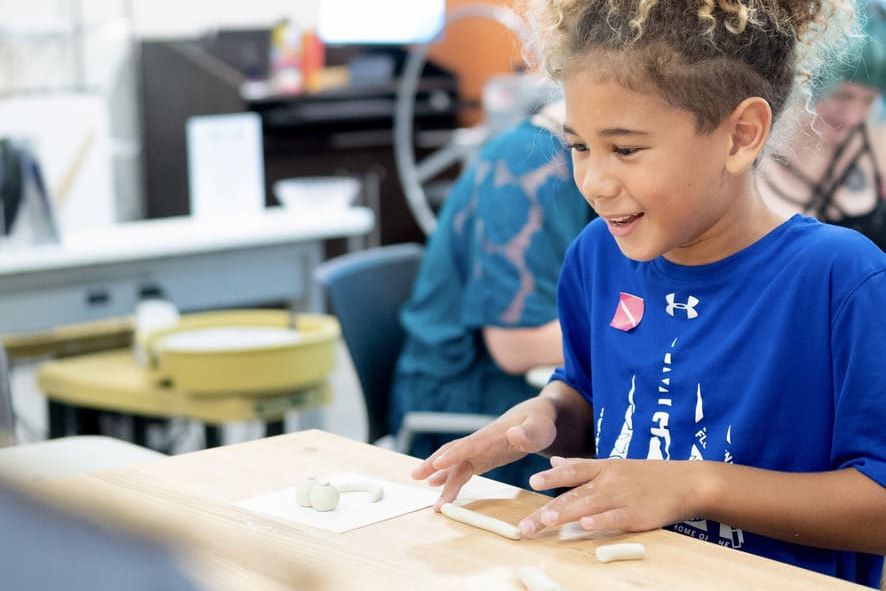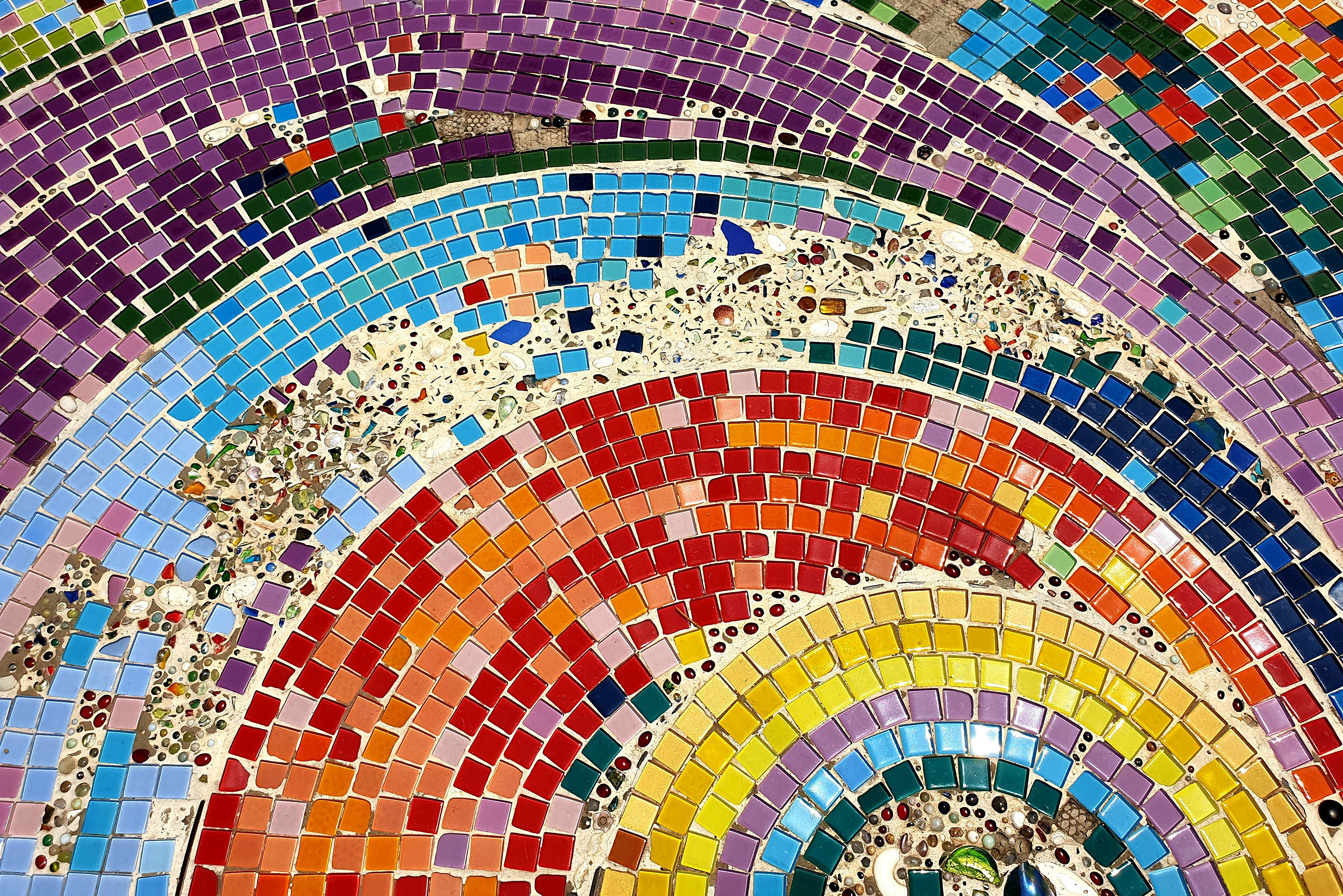A Local Black Lives Matter Leader Talks About the Movement's Past, Present and Future

Deedra Zee was born and raised in Newtown in Sarasota.
Image: Courtesy Photo
In 2013, Black Lives Matter started with just a hashtag. #BlackLivesMatter began being used after the acquittal of George Zimmerman, who fatally shot the unarmed 17-year-old Trayvon Martin in Sanford in 2012. The movement grew nationally a year later, after police officers shot and killed Michael Brown in Missouri and used a fatal, illegal chokehold on Eric Garner in New York.
Since then, Black Lives Matter has become an international movement, further amplified by police officer Derek Chauvin’s 2020 murder of George Floyd in Minneapolis, and has led to worldwide protests against police brutality and systematic racism—including here in Sarasota, where activist and mom Deedra Zee is bringing local voices to the movement. Zee is a 33-year-old Newtown native, and is one of the co-founders of the Black Lives Matter Alliance in Sarasota Manatee, which took shape in 2016.
We recently spoke with Zee about her role as an organizer and activist, and what insights she might share with us five years after her organization's inception. The interview has been edited for length and clarity.
When did you start your activism?
"I always had a spirit that wanted to right wrongs. I can remember being 6 and seeing a homeless person and trying to make sense of that in my head.
"In the eighth grade, my history teacher wanted us to write a paper about how it would have been to come through Ellis Island as a foreigner. I knew that back then it would have been different for a Black person, and when I said that, the teacher told me to pretend otherwise. Long story short, I had to get my dad involved. I’m grateful my parents taught me the truth about our history."
Why did you decide to create a local Black Lives Matter chapter?
"The last straw for me was when Alton Sterling was murdered in New Orleans in 2016, then Philando Castile and so many more. My son was 11 years old at the time, and he asked me why the police killed those people, and I just couldn’t sit still any longer. I had always been vocal, but I wanted to go beyond social media posts. We had our first meeting at Fogartyville [Community Media and Arts Center] and we knew we needed to establish a legitimate group of solidarity."
How would you describe Black Lives Matter to people who may not understand it?
"BLM is exactly what it states: Black Lives Matter. It’s not discrediting any other race. But we can’t be blind to the fact that Black people have historically been treated the harshest. I would encourage people who aren’t Black to dig deep and research why they might feel conflict or discomfort when they’re faced with our mission."
How many members are there?
"We have over 6,000 supporters. We had an original community service Facebook page, but Facebook shut it down last year. I reached out and no reason was given. So we had to establish a personal account BLM page and lost some of those numbers in the mix, but we're still connected.
"We use it to share news about current events and social justice and also use it to understand the pandemic and how that relates to our health as people of color."
What have been some of the greatest challenges?
"As it relates to white people's perceptions: Black people are a lot greater than our pain. In my personal experience and that of other Black activists, when we’re approached by non-Black people, they often want to talk about our pain. Our successes are overlooked. The country was built on our shoulders and that gets forgotten. We need more conversation about Black success and how white people can help us get there, too. We’re not just victims, and we’re still hopeful things will get better.
"I expect racists. I expect people who dislike BLM—they’re the least of my challenge. It’s a challenge, whether white or Black, to understand that Joe [Biden] and Trump are similar. Sure, another president has come in where racism isn’t as extroverted, but it’s still there. We have to look at policy changes, so things are equitable for everyone, and stop looking at things from the surface. Real change starts with the person in the mirror and not always looking to politicians, but the people as a collective, because when we push for change, we win. There’s power in numbers."
What are some current issues the movement is dealing with?
"With the [critical race theory] topic, we have Sarah Parker, a local BLM spokesperson, speaking to that in Tallahassee. They weren’t even teaching it in classes, but legislation is in the works to bar teachers from doing so even if they wanted. [Editor's note: Announced two months ago by Gov. Ron DeSantis, the bill codifies the Florida Department of Education’s prohibition on teaching critical race theory in K-12 schools.] Our history should not be erased and we should not act like bloodshed [didn't happen] on American soil because it might make some white people uncomfortable."
What have been some successes?
"We have seen with George Floyd, Daunte Wright, Ahmaud Arbery and Botham Jean that justice was served. There's progress there. But policy and legislation that protects police officers who kill people because they say they fear for their lives can't continue to be the reason Rodney Mitchell or a 12-year-old boy [Tamir Rice] is killed at a park.
"Since 2016, we have seen local movements popping up, people being fed up and wanting to be a part of something greater. We see more businesses supporting BLM—you didn't see that before. They do that through vocalizing their support on their websites or on their social media accounts, but also donating to the movement and other initiatives that support our mission. We’ve also seen a lot of local nonprofits reach out to us to start the conversation about how they can do better. My only concern is I don't want it to be a trend. I want it to be lasting."
In the face of adversity, how do you stay energized and centered?
"Therapy. Checking in with myself. Self-care. Being an activist is a lot of work. Having a tribe that understands when you need a break and to have people pick up where you left off when you can't be present is key. I’m so grateful to our organizers. Sometimes I check out of the news."
What's most pressing for the movement locally?
"Connecting programming and equity to the community. You have organizations who can provide these things, but aren't sure how that looks, so we're working on helping to ensure Black voices are heard and validated."
The Sarasota Police Department started using body cameras last year. Was that important for local BLM supporters?
"We’ve seen that body cams are almost in vain. It's something we've focused on, but pressure on Florida legislation that protects law enforcement from prosecution when they shoot is more important, because it hasn't been revised in a long time. We want to focus on what is considered justifiable force among police, too."
What can people do to help?
"Volunteering. Donations toward the mission or book donations to BLM Lit. Thanks to a partnership with Kind Cotton, BLM Lit is a local initiative to get books by Black authors in the hands of children and young adults. We’re organizing pop-up libraries–one in Bradenton at the Boys and Girls Club and one coming soon to Newtown. Drop off book donations at 2868 University Parkway, Sarasota, or contact us on our Facebook page for pickup.
"Happy Black History Month to all the supporters and the organizers. Look how far we’ve come."



